“In our known world, ‘future’ does not exist at all, but in the ever-expanding universe, our ‘future’ is already in the ‘past’.” 🤔
 Subrata Ch
Subrata Ch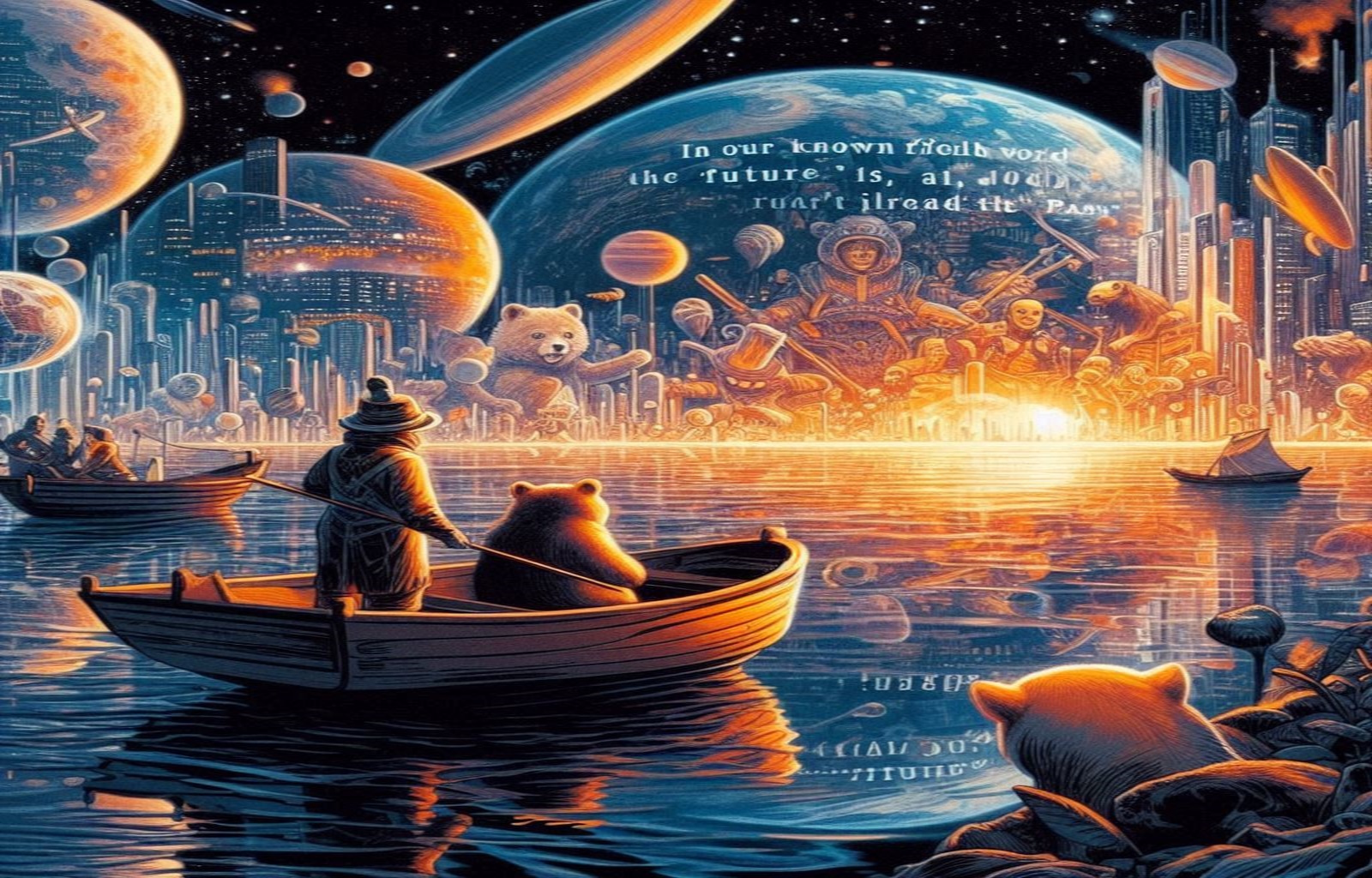
This intriguing idea relates to physics and philosophy, but its truth depends on interpretation. Let me explain this from a scientific perspective: The stars and galaxies we see today appear as it was in the past because the light took time to reach us. When we observe these distant objects, we are essentially looking back in time, seeing them as they were millions or even billions of years ago. Given this immense scale, the concept of "future" can take on a different meaning. In our known world, every time we step into the future, it immediately becomes the present. However, from a distant point in the universe, someone could see our past just as we see the past of these stars." Now let's see some other perspectives.
Scientific Perspective:
1. Time as a Dimension: In physics, particularly in the theory of relativity, time is treated as a dimension, much like space. The idea that the “future” and “past” might exist somehow relates to how events are structured in spacetime. However, from our human perspective, we only experience the past and present, and the future becomes the present as we move forward.
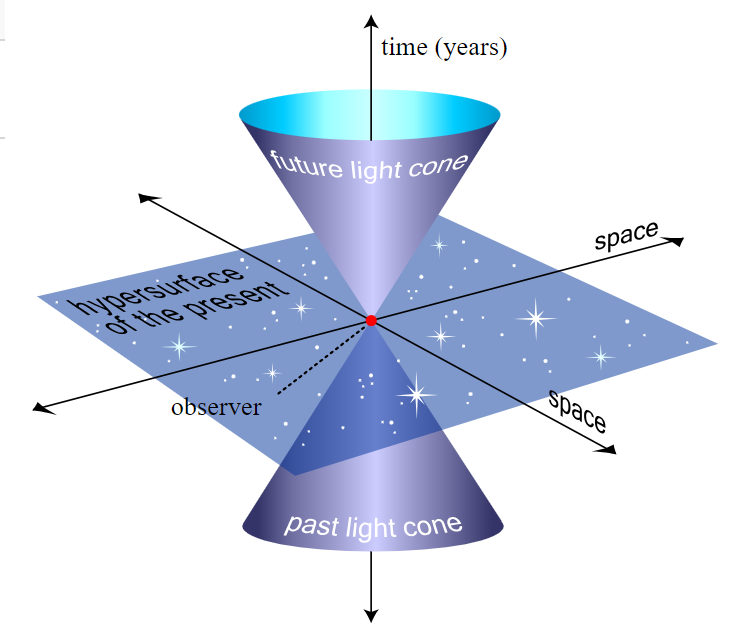
2. Einstein’s Relativity - The Relativity of Simultaneity: Einstein's relativity also introduces the idea of the relativity of simultaneity, where two events that appear simultaneous to one observer may not be simultaneous to another observer moving at a different velocity. This further complicates the notion of a universal "now." The future, in this context, is not something that is waiting to happen but rather something that could already have occurred from a different frame of reference. Under this theory, time is not a fixed, linear sequence but a relative and interconnected part of spacetime, where the notion of "now" varies depending on the observer's perspective. In our everyday experience, the future seems like something that hasn't happened yet, but from a cosmic viewpoint, where light from distant stars takes millions of years to reach us, the future may already exist in what we perceive as the past.
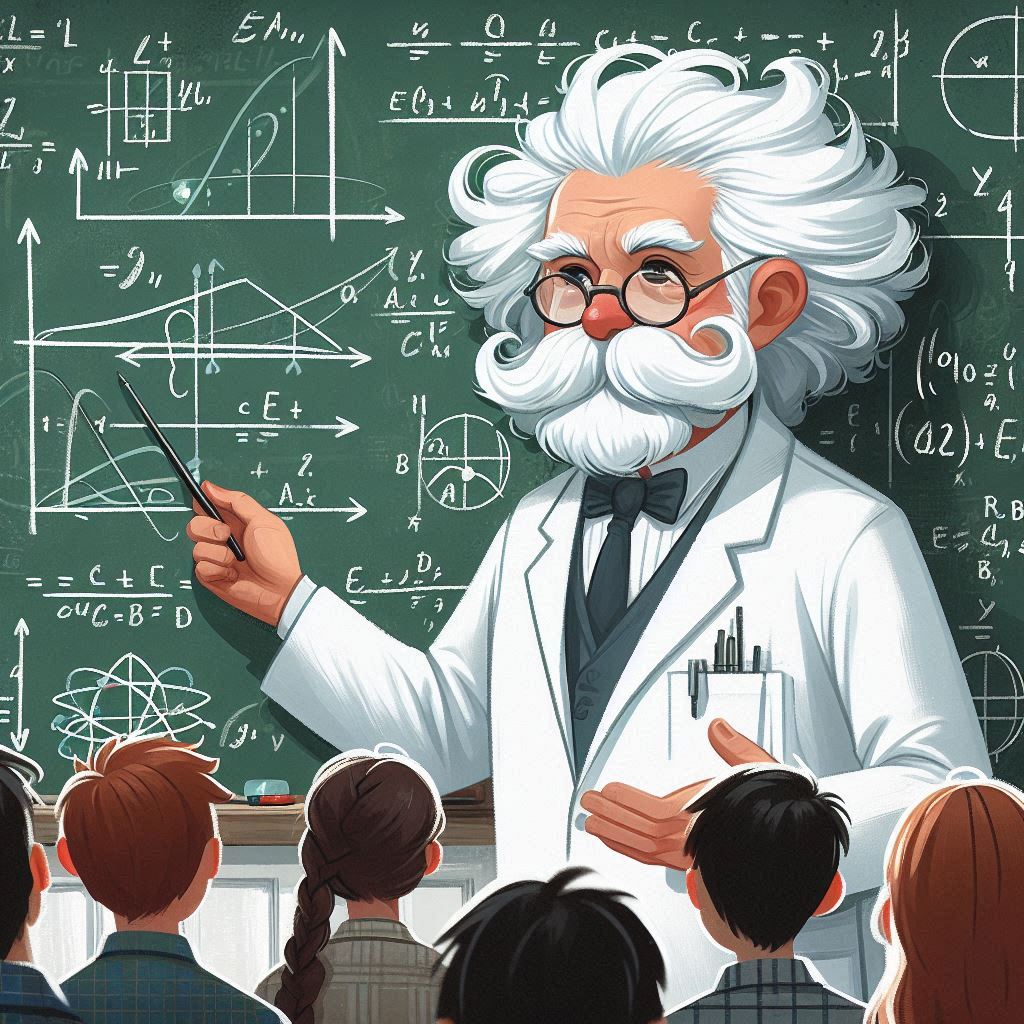
This highlights the idea that our understanding of time is relative, and what we consider the future could already have unfolded from another vantage point in the universe. Imagine a distant observer, millions of light-years away, looking at Earth. The light reaching them today would show them Earth's past—perhaps the age of the dinosaurs. From their perspective, what they see is at present is what we consider as our past. Conversely, our future may already be determined in their present or even their past because of the time it takes for light and information to travel across the universe.
3. The Block Universe Theory: Some interpretations of relativity, like the “block universe” theory, suggest that past, present, and future all exist simultaneously in a four-dimensional block. This might align with the idea that in the broader universe, what we consider the future could be seen as already existing.
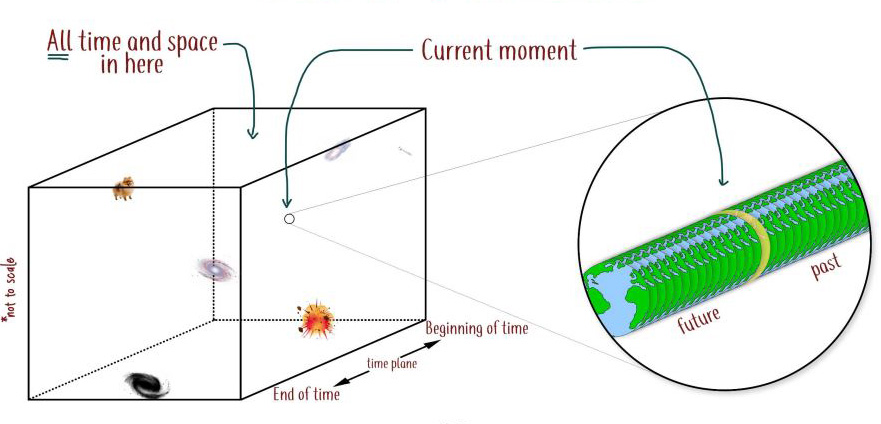
While these scientific theories offer a fascinating glimpse into the nature of time on a cosmic scale, they also invite us to reflect on our everyday experiences of time. Science and philosophy often intersect when we consider concepts like the future, where our human understanding of time’s progression meets the more abstract and subjective experience of how we perceive and engage with time in our lives.
Philosophical Perspective: Where theories meet philosophy:
4. Human Experience of Time: From a human perspective, the future is a concept we imagine or predict, but it’s not something we can experience until it becomes the present. In this sense, the statement that “the ‘future’ does not exist at all” reflects a philosophical view that only the present (and the past, in memory) is real.
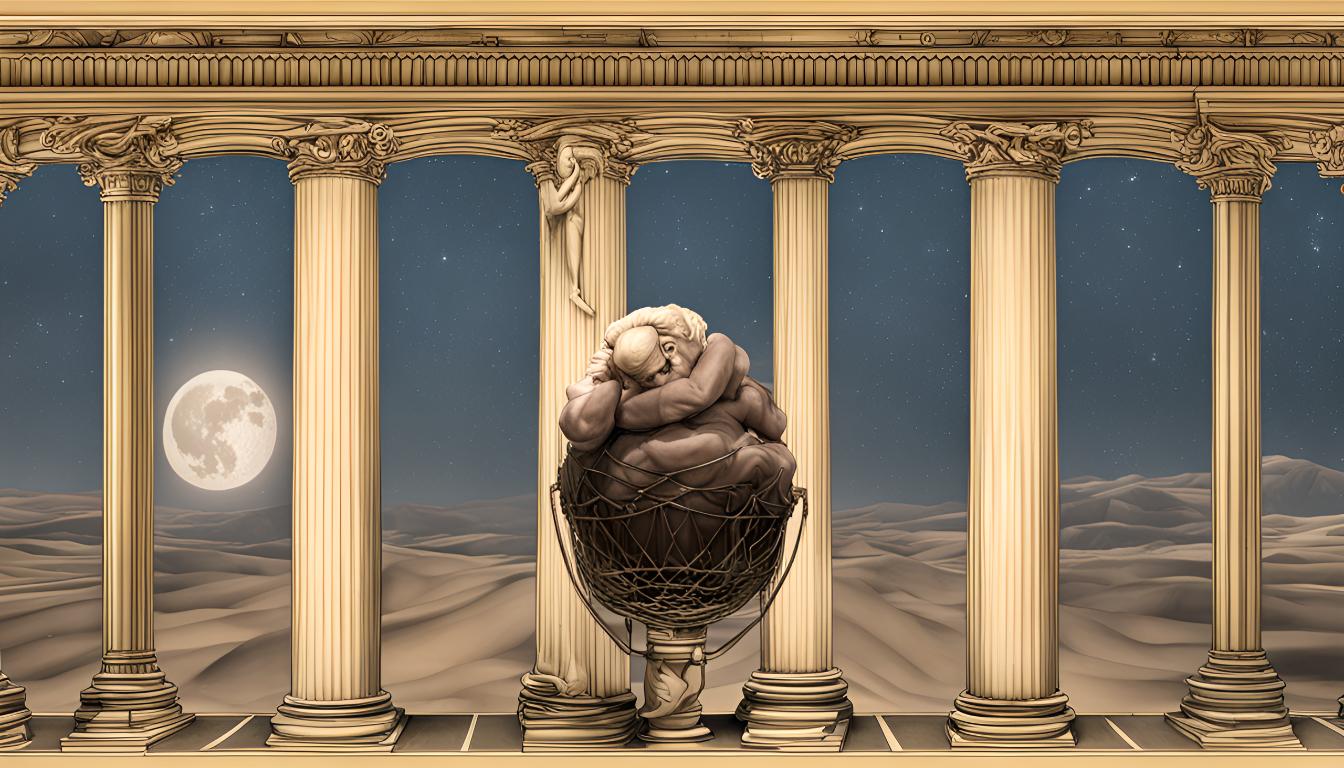
Hmm…🤔 though the sentence isn’t strictly a scientific statement but rather an abstract and philosophical reflection on the nature of time. While it aligns with some interpretations in physics, it’s about an evocative expression meant to inspire contemplation about time’s fluidity and the universe’s expansiveness.
So, in that sense, it can be considered “true” within the explored context.
Subscribe to my newsletter
Read articles from Subrata Ch directly inside your inbox. Subscribe to the newsletter, and don't miss out.
Written by

Subrata Ch
Subrata Ch
Software Engineer & Consultant